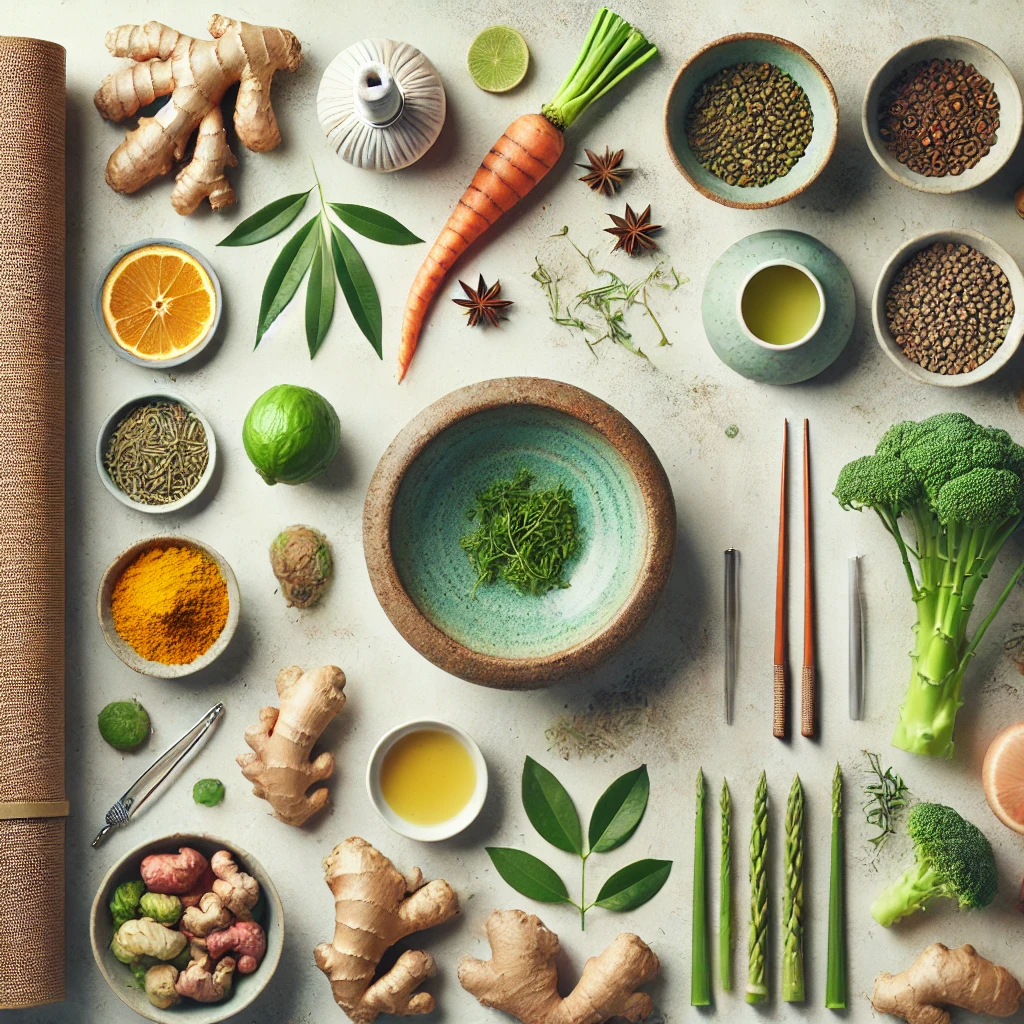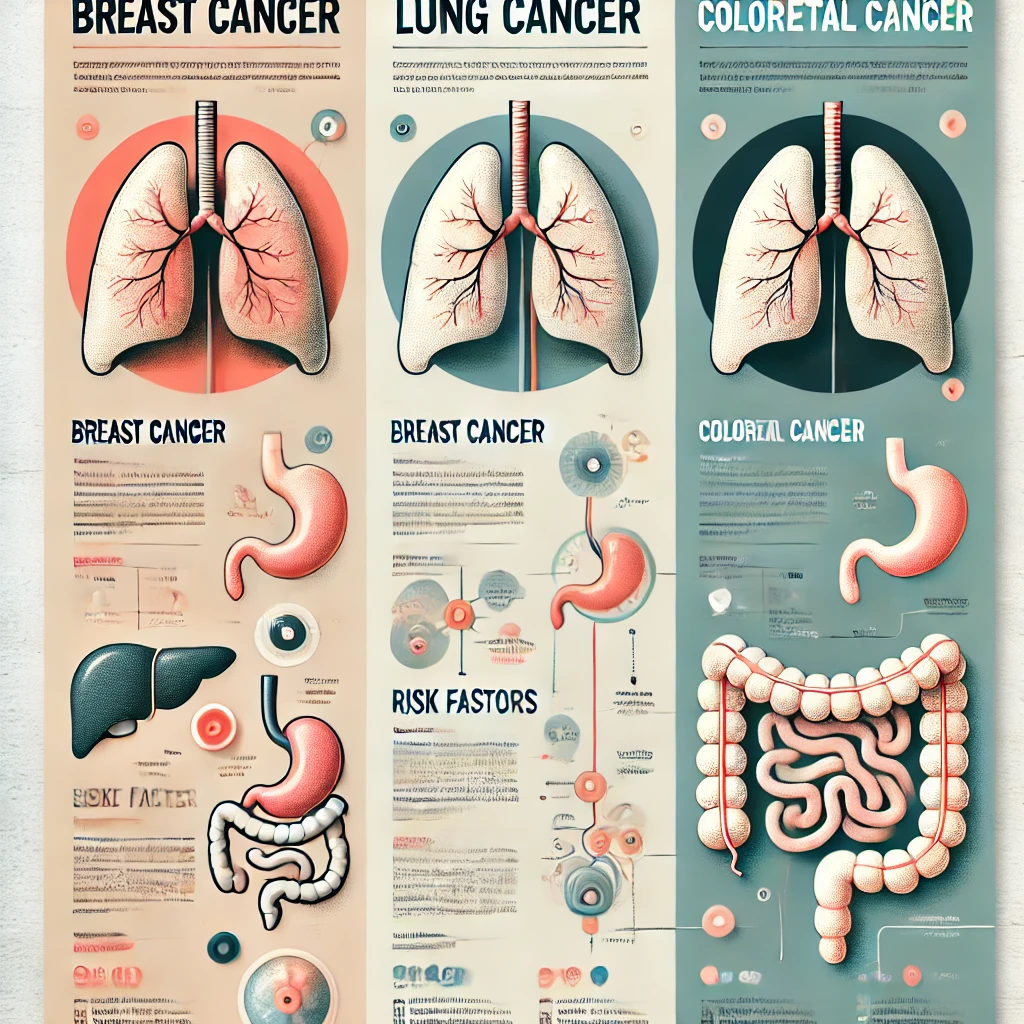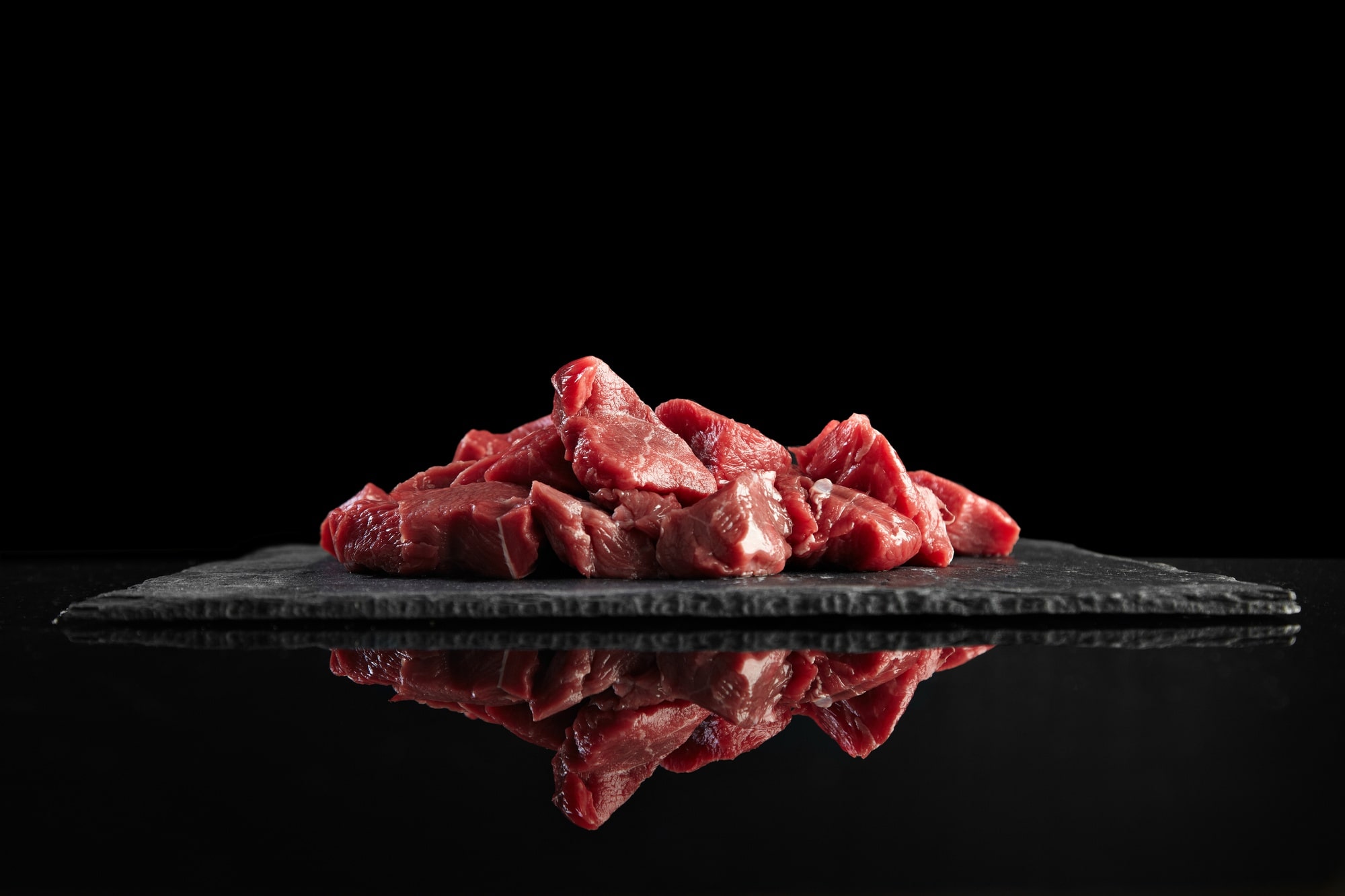Cancer is a tough journey, and for many, the road to recovery can feel overwhelming. Alongside traditional treatments like chemotherapy and radiation,
The Surprising Link Between Coffee and Cholesterol
A Deeper Brew
Coffee, a morning ritual for many, has long been celebrated for its rich flavor and the energizing kick it provides. However, recent research delves into a less favorable aspect of our beloved brew – its potential impact on cholesterol levels. The culprit behind this revelation is cafestol, a fatty substance present in the oil within coffee beans. In this article, we'll explore the relationship between coffee, specifically cafestol, and its effects on "bad" LDL cholesterol.
Cafestol and Coffee Brewing Methods:
Cafestol, found in the oil of coffee beans, emerges as the cholesterol-raising factor. Surprisingly, it tends to get trapped in paper filters, explaining why filtered coffee doesn’t have the same impact on cholesterol. On the other hand, brewing methods such as Espresso, French press, Turkish, and boiled coffees allow cafestol to seep into the beverage, with each method being progressively worse in this regard.
Studies have shown that individuals consuming French press coffee, despite being filtered, experienced a significant increase in cholesterol within just two weeks. However, when these individuals switched to paper-filtered coffee, their cholesterol levels returned to baseline, highlighting the influence of preparation methods.
Cafestol Levels and Cholesterol Increase:
In a study, subjects who started consuming a high-cafestol coffee for a month, even when paper-filtered, saw a significant increase in LDL cholesterol. This prompts consideration for those with persistently high cholesterol despite maintaining a healthy diet. The suggestion arises to either cut out coffee temporarily and get retested or switch to a lower cafestol coffee variant.
Impact of Brewing Variables:
Switching from a coffee maker or French press with a metal mesh filter to one with a paper filter, or adding a paper filter, can reportedly reduce more than 90 percent of cafestol. However, recent research suggests that the paper filter may not entirely block cafestol. Instead, it is the fine particles carrying cafestol that contribute to its retention. This adds a layer of complexity to understanding the interplay between coffee brewing methods and cholesterol levels.
Roasting degree, grind size, and other variables also play a role in cafestol levels. While roasting seems to destroy some cafestol, darker roasts may have less, and both medium light and medium roasts have been associated with raised LDL cholesterol.
Espresso: A Concentrated Culprit:
Espresso, a concentrated coffee variant, stands out with a shocking revelation – it contains 20 times more cafestol than paper-filtered drip coffee. This makes it a significant contributor to raising cholesterol levels.
The Alternative: Green Tea:
In light of these findings, the article concludes with a surprising suggestion: reconsider your cup of coffee in the morning. While not outright discouraging coffee consumption, the emphasis is on the lost opportunity to choose something even more healthful. Green tea is offered as an alternative, free from the adverse cholesterol consequences associated with coffee.
Conclusion
As we sip our morning coffee, it’s essential to be aware of the nuances that go beyond its taste and aroma. The relationship between coffee and cholesterol, mediated by cafestol, underscores the importance of understanding brewing methods and considering alternatives like green tea for a potentially healthier start to the day.
YES, I WANT TO BOOK A FREE WELLNESS COACHING CALL
Types of Cancer and Their Symptoms If you’ve found your way to this blog post, welcome! Whether you’re here for educational purposes,
The Surprising Link Between Coffee and Cholesterol A Deeper Brew Coffee, a morning ritual for many, has long been celebrated for its
Embark on a Healthier Journey to Minimizing Toxic Exposure in Your Diet and Environment In our fast-paced, modern lives, where convenience often
POWERFUL STRATEGIES AND MINDSET SHIFTS TO BEAT CANCER Powerful strategies and mindset shifts that will support you throughout your battle. Get ready
The Health Impact of Avoiding Meat and Animal Proteins In recent years, there has been a growing interest in plant-based diets and

Disclaimer – The information provided on this website and within our health and wellness program is intended for general educational and informational purposes only. It is not intended to be a substitute for professional medical advice, diagnosis, or treatment. Always seek the advice of your physician or other qualified healthcare provider with any questions you may have regarding a medical condition.Our program is not a substitute for medical or psychological treatment. We do not claim to cure, prevent, diagnose, or treat any disease. We are not responsible for any adverse effects, injuries, or health problems that may arise from participating in our program or following the information provided on this website.
Results may vary and are not guaranteed. The testimonials and examples used on this website are not intended to represent or guarantee that anyone will achieve the same or similar results.By accessing and using this website and participating in our program, you acknowledge that you have read, understood, and agree to the terms of this disclaimer. If you do not agree to these terms, do not use this website or participate in our program.






